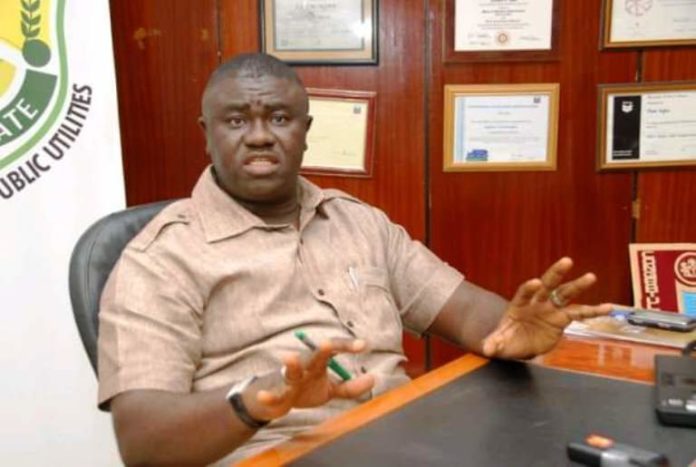The Federal Government has reassured Nigerians of its commitment to ensuring better living condition for poor and vulnerable Nigerians.
The government maintains that there will be food security and it will facilitate the recovery of Medium and Small Enterprises( MSEs) affected as a result of the covid-19 pandemic through its NG-CARES Programme.
The Minister of State, Budget and National Planning, Clem Agba stated this during a Ministerial Town Hall meeting in Ibadan for Stakeholders in Oyo, Osun, Ogun, Ondo, Ekiti, Lagos and Kwara states.
The Minister, represented by the Chairman, NG-CARES Technical Committee, Mr. Aso Vakporaye, commended the visionary leadership of the President Muhammadu Buhari led administration for providing the guiding vision and mandate to lift 100million Nigerians out of poverty within the period of 10 years adding that the programme had so far, impacted over two million direct beneficiaries since it commenced full implementation in 2022.
According to the Minister, the Ministerial Town Hall meeting is initiated by the Ministry to promote open and transparent governance where citizens participatory engagement is further strengthened within the framework of Buhari’s government of social accountability.
He said, “In furtherance of the effort of the government to scale up its programme under the social protection agenda and to respond swiftly and appropriately to the challenges posed by the COVID-19 pandemic, the government accessed a world bank concessional loan in the sum of US$750 million on behalf of the 36 states and FCT to stimulate the local economy and increase household’s consumption among the poor and venerable segment of the society.
“To ensure that implementation of the programme is fast tracked in line with the Economic Sustainability Plan and cognisant of the peculiarities of the country, each state and FCT was given the flexibility to select a minimum of four from the list of 11 disbursement linked indicators. This flexibility seeks to improve the partnership between the states and government in the delivery of pro-poor interventions using existing platforms at the sub National level.
“The programme is one of the policy options explored by our administration to achieve these objectives. In about a year of full implementation, it has impacted over two million direct beneficiaries. This is based on the report of the first round of assessment of the programme implementation conducted by an Independent Verification Agent,” he stressed.

 Join Daily Trust WhatsApp Community For Quick Access To News and Happenings Around You.
Join Daily Trust WhatsApp Community For Quick Access To News and Happenings Around You.

